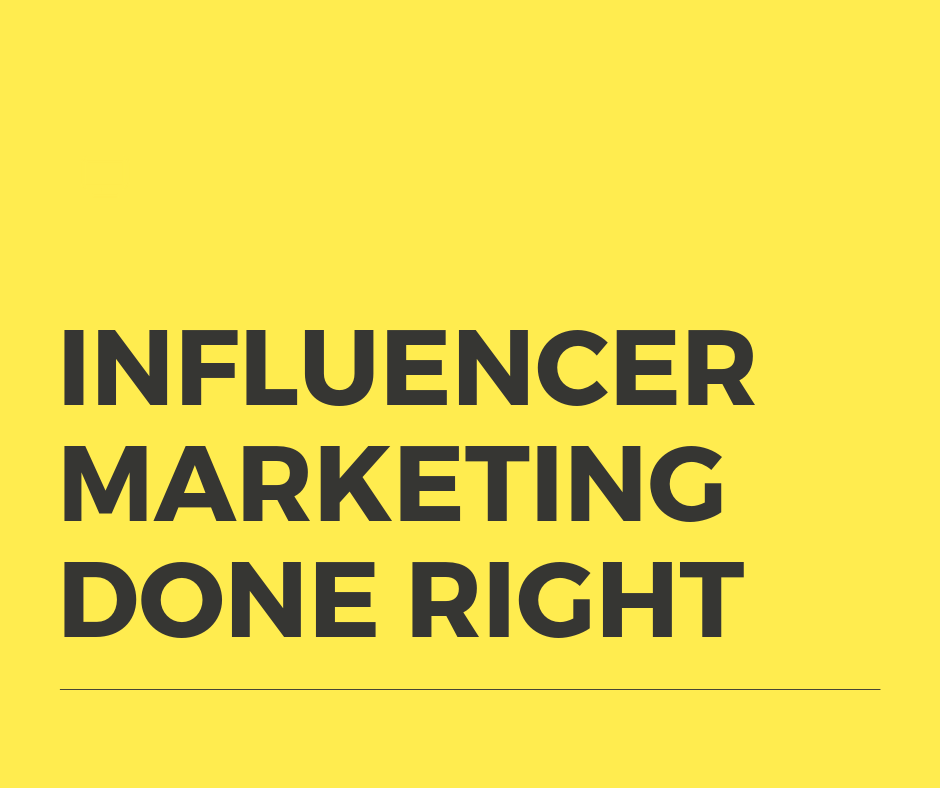
Facebook’s 2018 Algorithm Update: Implications for Marketers
When Google and Facebook make a change to their algorithms for ranking factors or user feed, marketers drop everything and take notice. In 2017, Facebook generated approximately $40 billion dollars in ad revenues, which was a 67% increase from previous year’s $27 billion. There’s no denying that the platform is advanced and effective in targeting the right audience. Together with Google, Facebook is dominating digital media buys. The latest algorithm update is significant, in that it forces marketers to look at fundamentals of social media marketing.
So, what is the update?

Basically, Facebook will prioritize content from “friends, family and groups”. It will value “meaningful interactions between people”. Zuckerberg even cited “a responsibility to make sure our services aren’t just fun to use, but also good for people’s well-being” to justify the change.
This is huge….
….and on the surface, bad news for brands. Organic was already dying and now businesses will have to work harder than ever to gain their customers’ attention because:
- You will see less from Facebook pages, more from friends and family.
- Page posts that generate conversations between people will show higher in News Feed
What does this mean for brands?
- Brand pages may see their reach, video watch time and referral traffic decrease. The impact will vary from page to page, driven by factors such as the type of content they produce and how people interact with them.
- Pages making posts that people generally don’t react to or comment on could see the biggest decreases in distribution.
- Pages whose posts prompt conversations between friends will see less of an effect.
- Users are more likely to see posts shared by the people they interact with the most.
- “Engagement Bait” will be penalized. Meaning, using “engagement bait” to goad people into commenting on posts is not a meaningful interaction, and Facebook will demote these posts in News Feed.

[Image Source: http://in.pcmag.com]
What remains unchanged?
Few good old things about the news feed, like the “See First” feature, will continue to exist which means users can make sure they always see posts from their favorite Pages before everything else. Which once again reinforces the need for content that will “sell”.
How should you look at your content strategy?
- Prioritize quality over quantity.
- Think whether the content you post will drive a “meaningful interaction” which according to Facebook means “back and forth discussions between users”.
- Have more of Facebook Live videos which often lead to a discussion among viewers.
- Think of the brand as a person and what it would be commenting/sharing on relevant news.
- Tagging customers/influencers/employees etc. with relevant content should see a boost in organic traction as it will be a page to person interaction rather than a page simply broadcasting info.
- Facebook Groups will have an increasing influence on a lot of ‘meaningful interactions’ happen between group members. If your brand can associate with a relevant Facebook Group (like a Cancer Support Group for Hospitals), it can give your brand a good mileage, organically.
- Product or brand-related posts that will not yield meaningful interactions but are required for your brand’s presence should be done only with appropriate media spend (Use 10/90 rule for production and media costs). One may as well forget about organic reach for such posts! You’d rather not do such product promotion posts if you haven’t planned media budgets to amplify reach.
What is the upside here?
This is a blessing in disguise and pushes marketers to think through their publishing in a meaningful manner. Meaningful content is one which is:
- What is your brand’s persona and does your publishing reflect that? The brand should be personable as your competition is the consumer’s mother!
- The purpose of social was to enable brands to engage one to one with users, allowing them to move away from a one to many communication. The algorithm incentivizes engagement. The more you engage, the more you reach.
The brands which have their fundamentals right, i.e., those who understand their consumers well are the ones who would be able to communicate better and therefore engage better. The algorithm change, thereby, incentivizes and persuades brand leaders to think about their consumers, their context and come up with brand personas and communication which are meaningful. That is better for the ecosystem and provides more power to the better brands.
So, focus on fundamentals and stay connected with your consumers. Reach and engagement metrics will take care of themselves!





